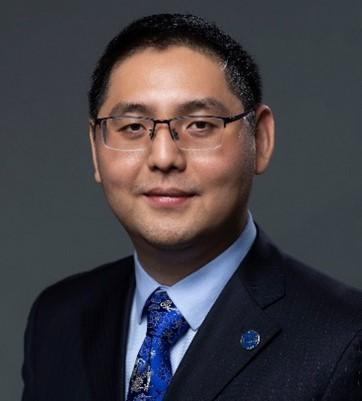MAE Department - PG Seminar - Understanding the role of point defects in determining the structure and properties of functional oxides: from high-temperature solid/gas equilibrium to room-temperature solid/liquid dynamics
Supporting the below United Nations Sustainable Development Goals:支持以下聯合國可持續發展目標:支持以下联合国可持续发展目标:
When Max Born looked back to his life's work, he concluded: "I have restricted my work to ideal crystals though I am aware that the theory of the defects in real crystals is practically far more important. This I have left to a younger generation." Indeed, ionic point defects play an important role in determining the phase, structure, properties and functionality of oxide ceramics and thin films. In this talk, I am going to show the methodology and case studies towards a better understanding of how to tune defect chemistry to design functional oxides. I start with how we used operando X-ray diffraction and spectroscopy to probe the tuning of crystal and electronic structure of at elevated temperatures (>300°C) by controlling oxygen vacancy concentration in well-controlled model systems. I will also present some recent results on using chemical capacitance as a unique tool to accurately measure oxygen vacancy concentration and map out the phase boundary in oxide thin films. Then I am going to show the encountered complexity when we switch from well-controlled high-temperature solid/gas interfaces to less well-studied room-temperature solid/liquid interfaces. I will present our recent work on protonation of NdNiO3 to highlight the importance of room-temperature defect chemistry and our new approaches to address the challenges of investigating the defect chemistry in this new regime.
Speaker: Prof. Qiyang LU
Zoom Link: https://hkust.zoom.us/j/95053611788?pwd=aW1CV0ttRGlHb3JGMkNJZVNJcU1WQT09
Meeting ID: 950 5361 1788
Passcode: 496708

Dr. Qiyang Lu is currently an assistant professor in School of Engineering at Westlake University. He received his bachelor’s degree from Tsinghua University and his PhD degree from Massachusetts Institute of Technology, both in Materials Science and Engineering. His PhD work was focused on understanding and controlling ionic defect chemistry of functional oxide thin films, which was awarded the best PhD thesis award from MIT. He did his postdoctoral study at Stanford University with a joint fellowship at Advanced Light Source, Lawrence Berkeley National Laboratory. He received several awards for his research, including Graduate Student Gold Award from Materials Research Society and Ross Coffin Purdy award from American Ceramic Society. His current research interest is in the field of solid state ionics, mainly focused on designing mixed electronic and ionic conducting oxide thin films for reversible solid state electrochemical cells, electrocatalysts and ionotronic devices.